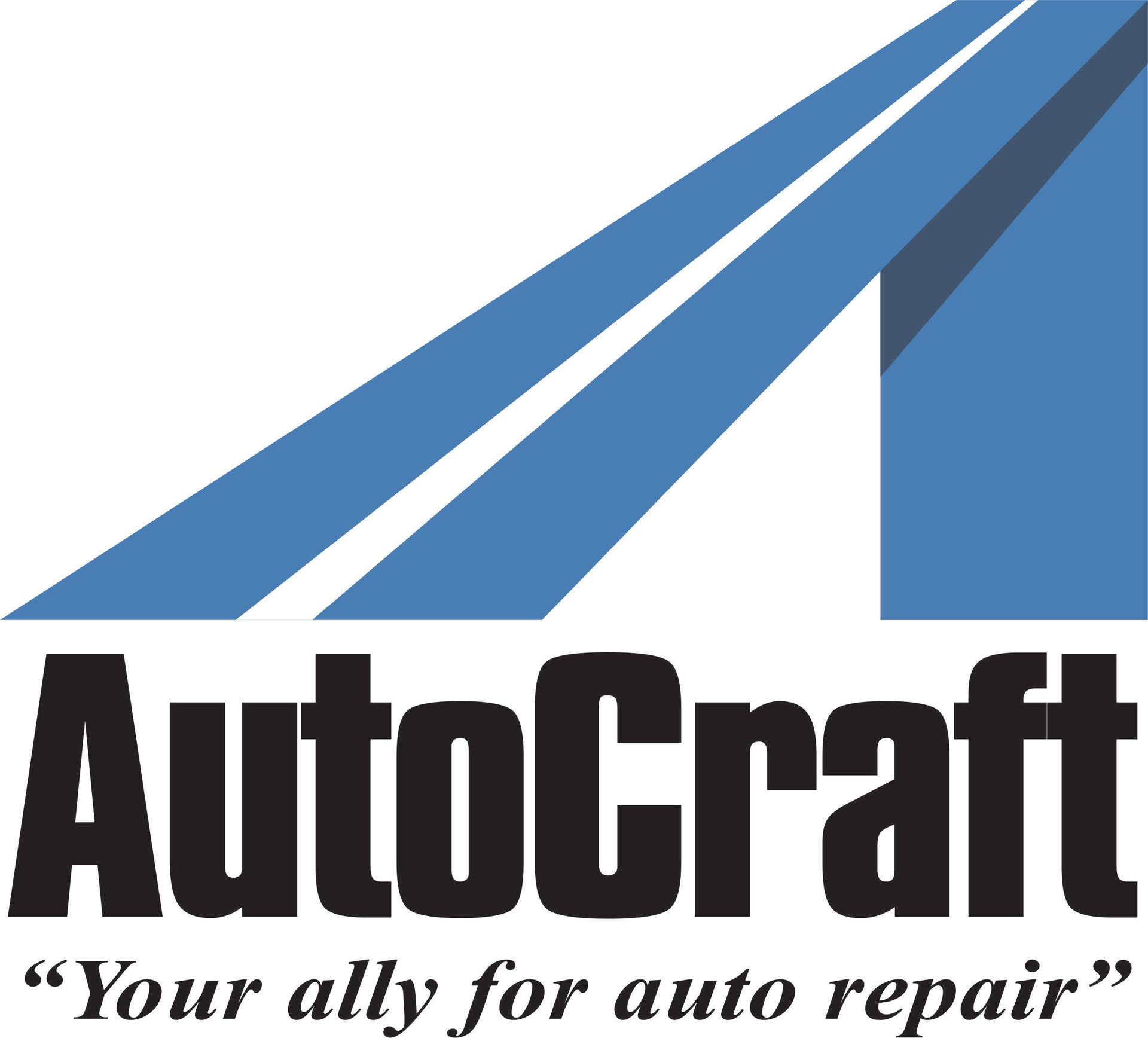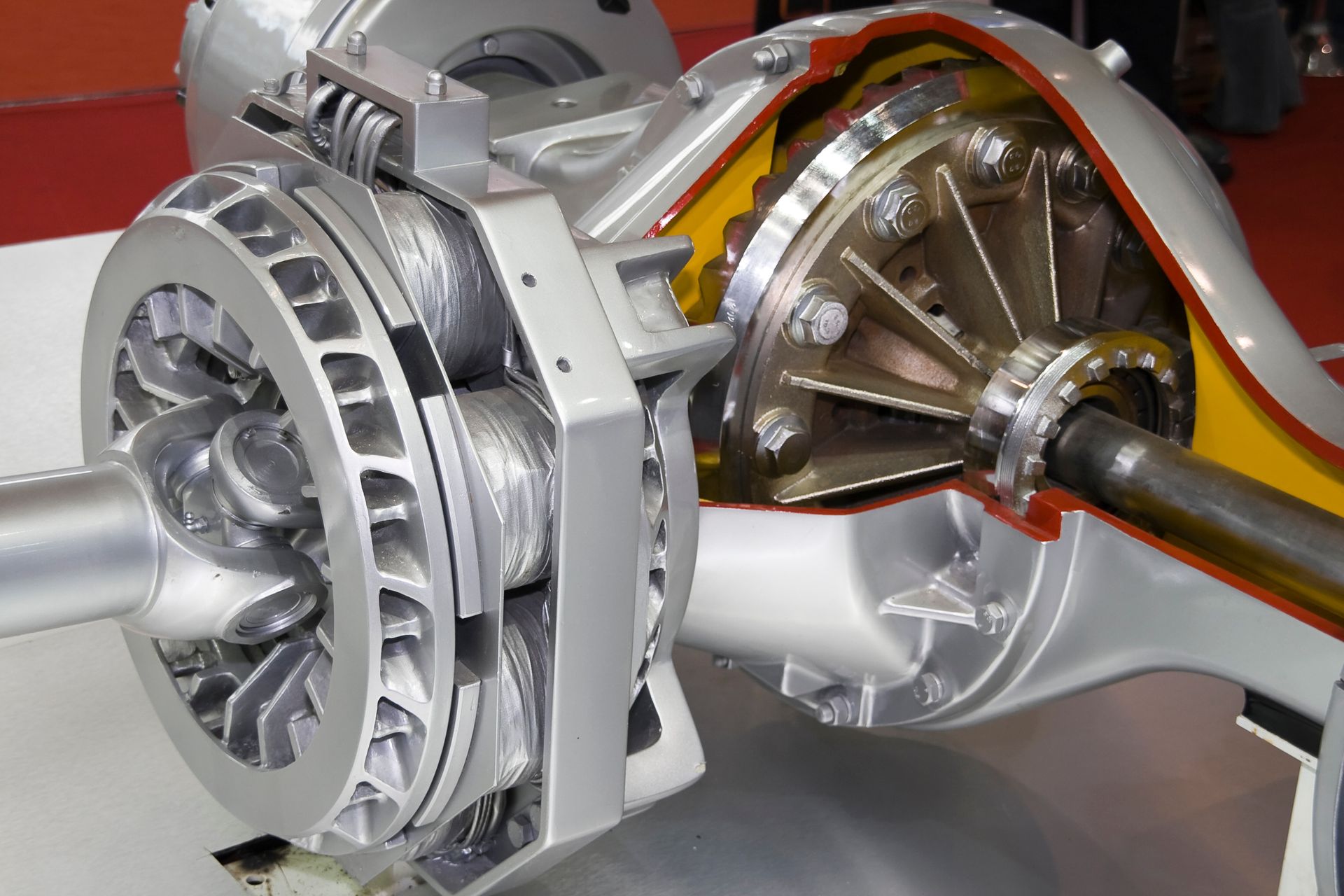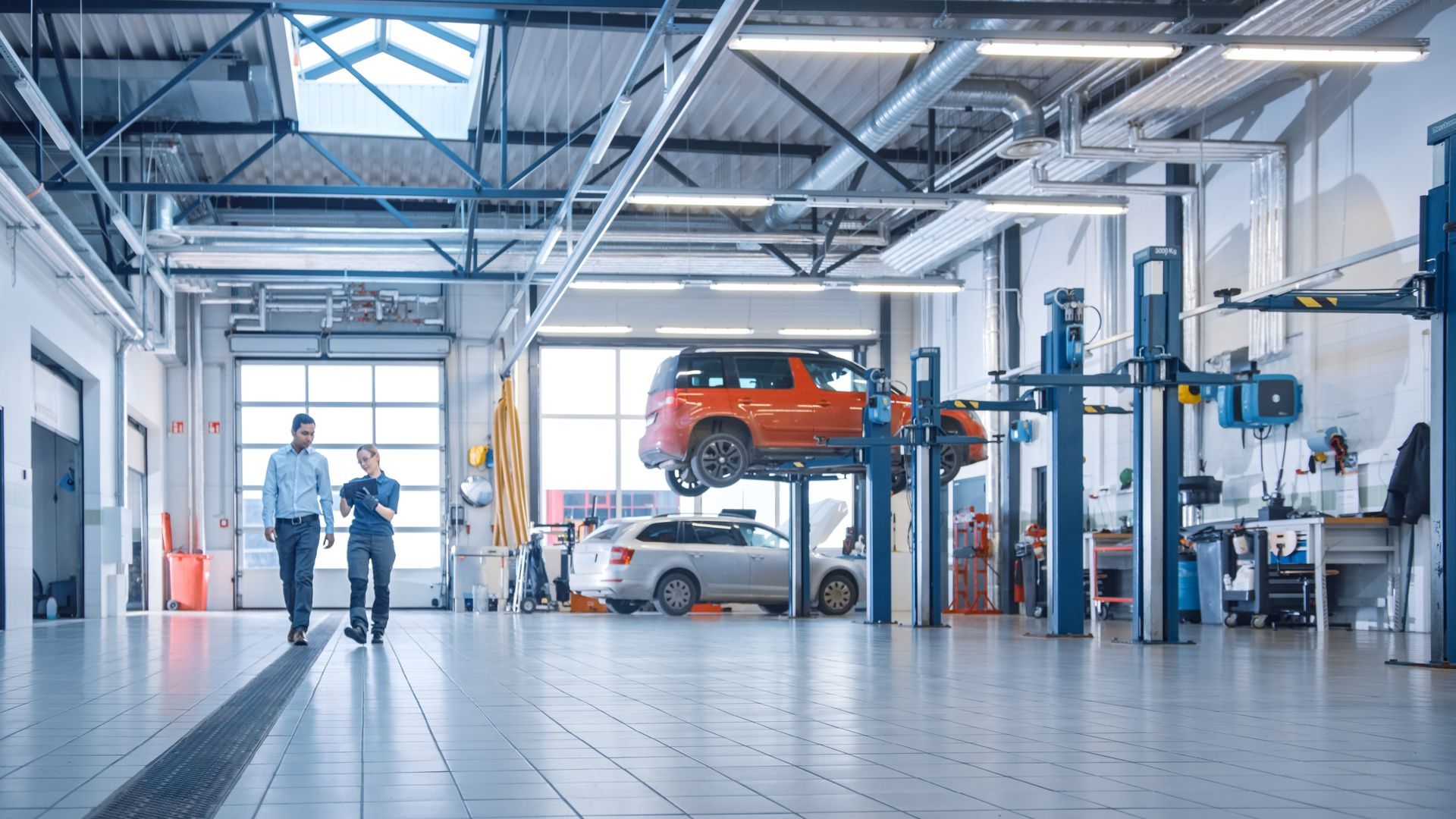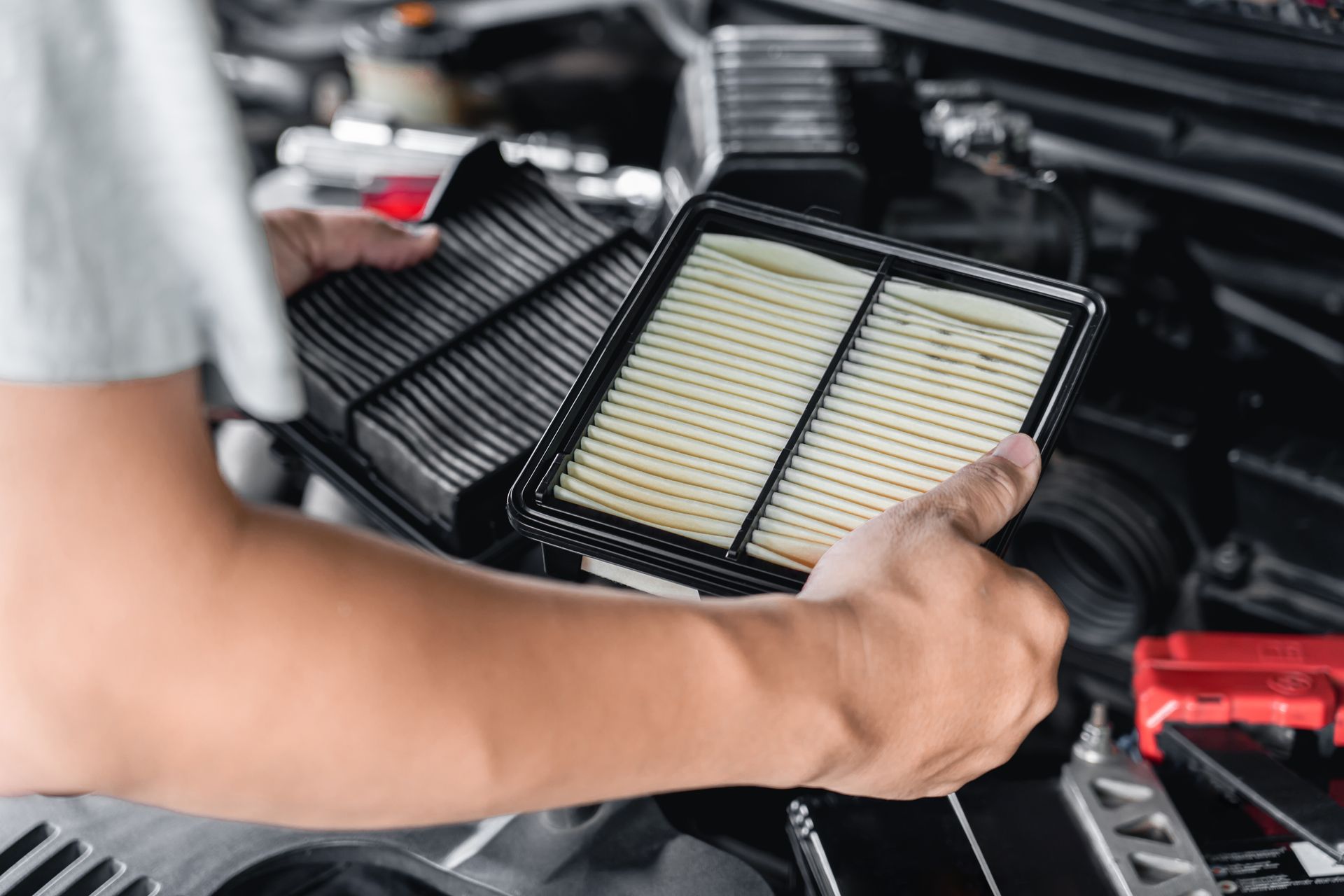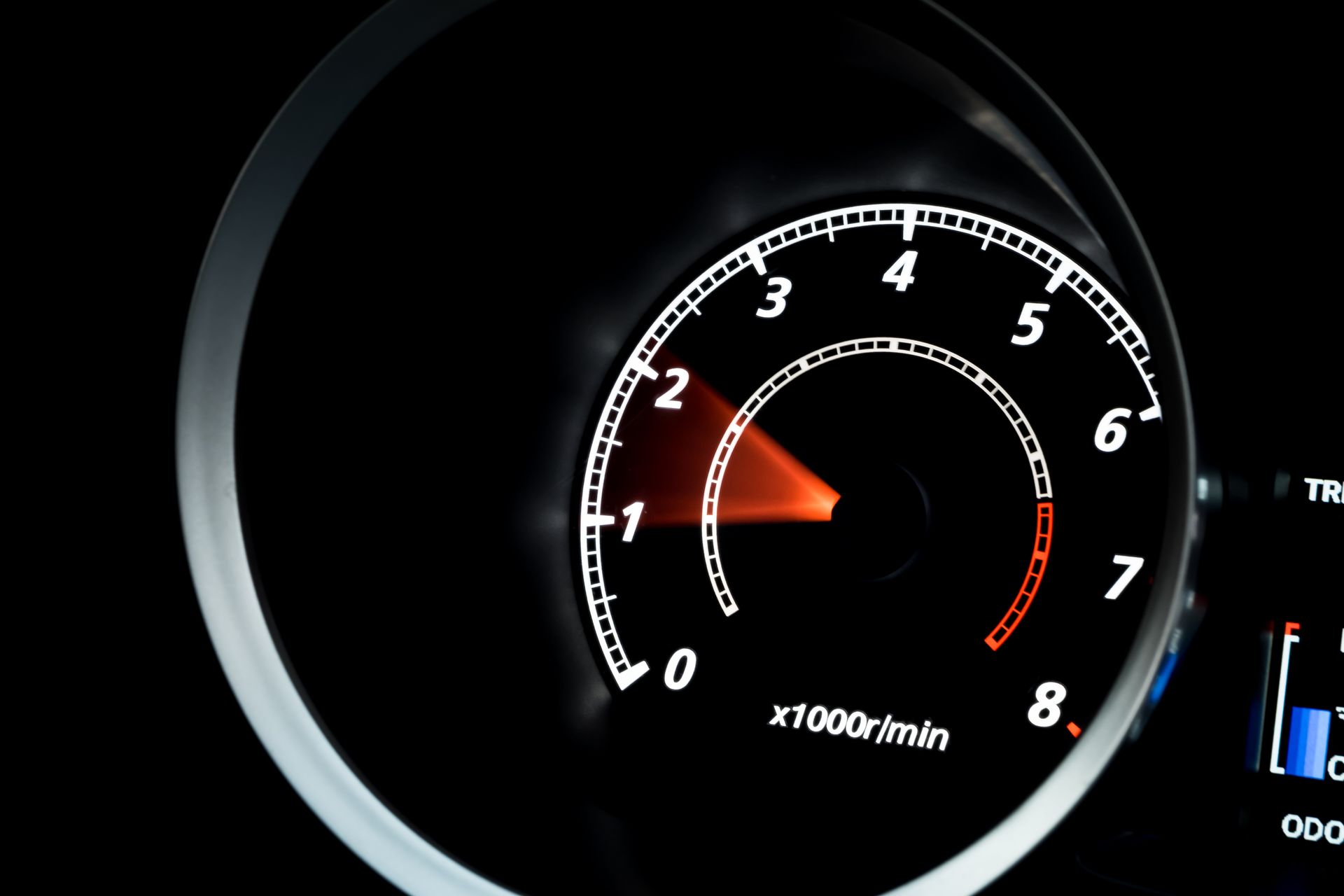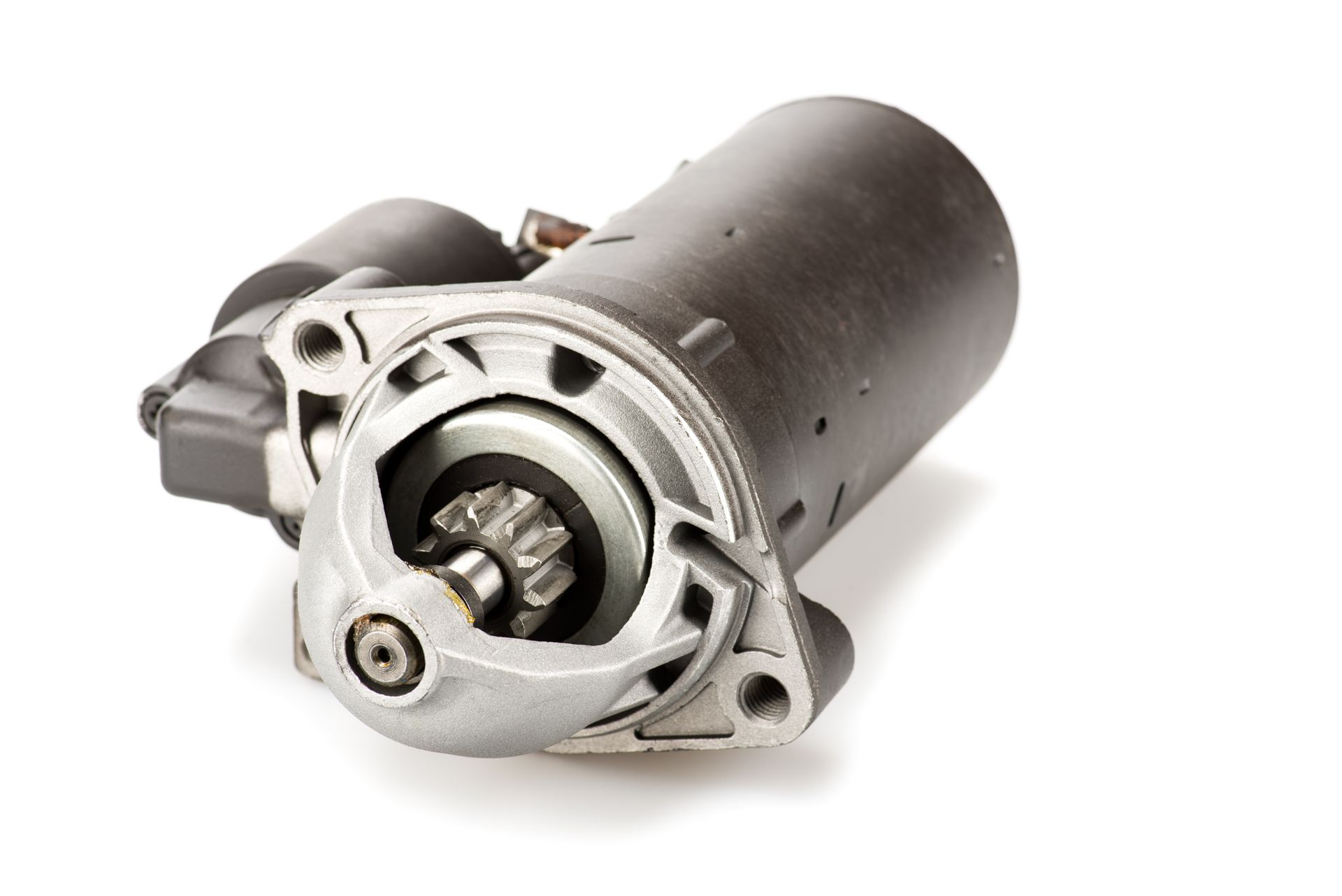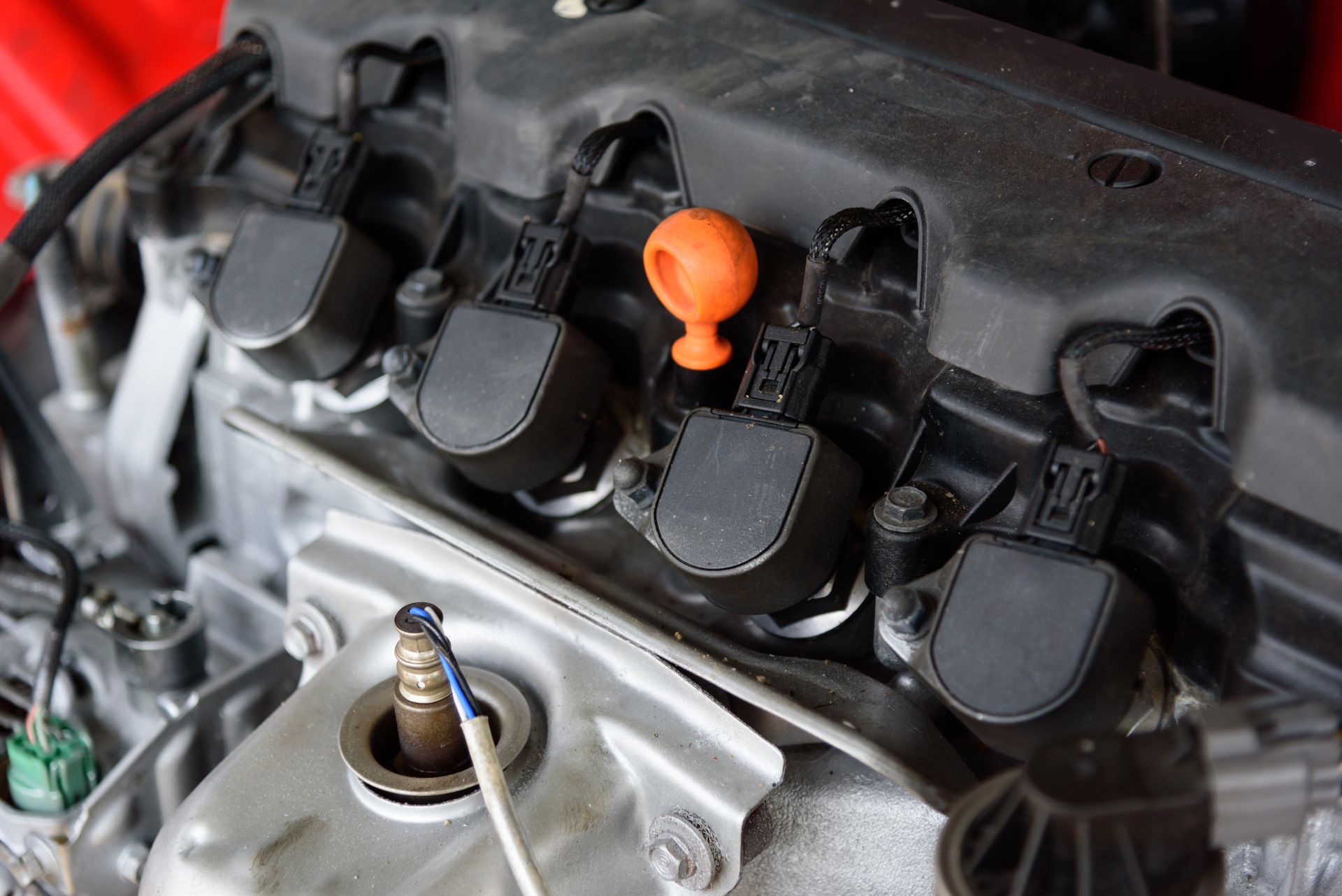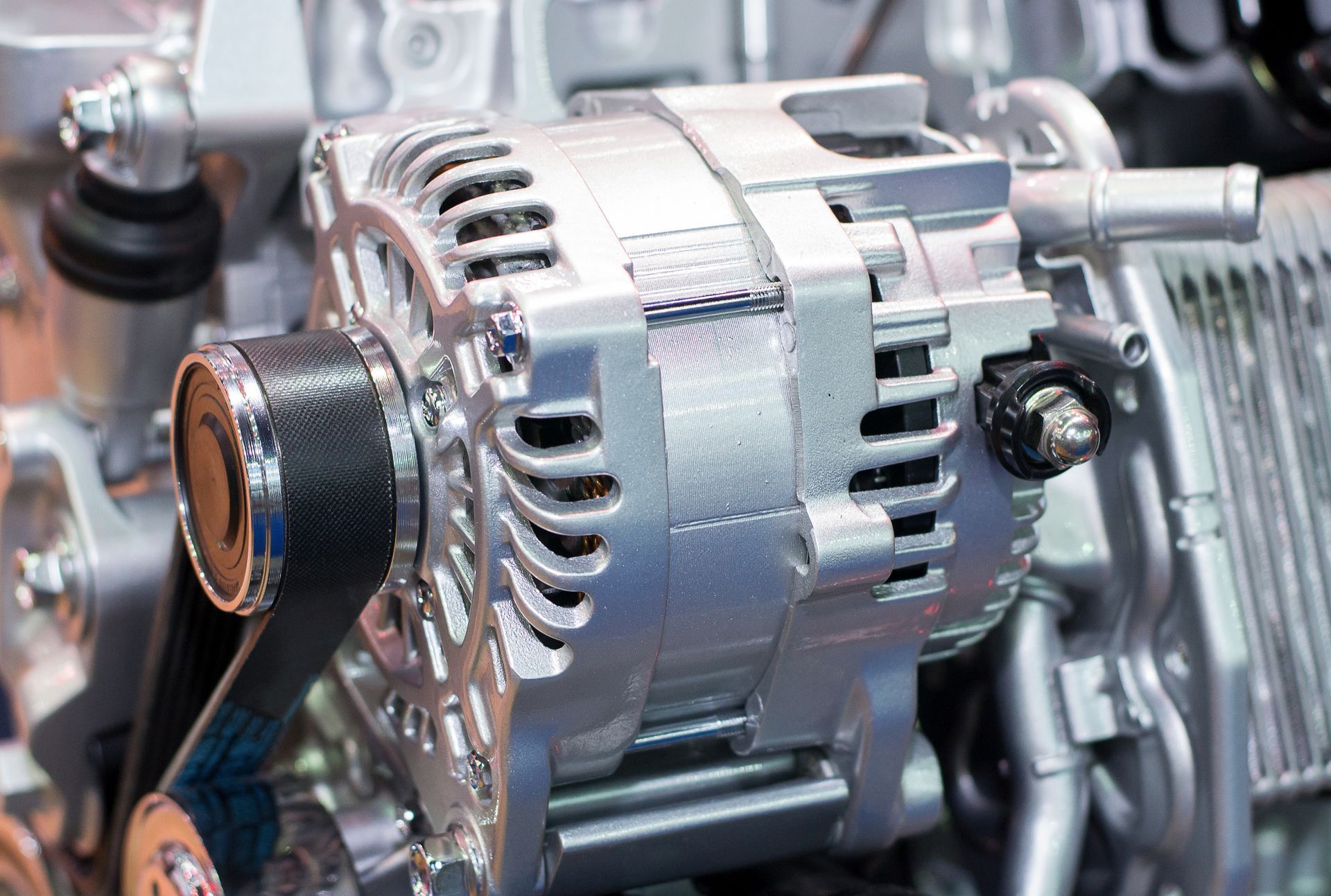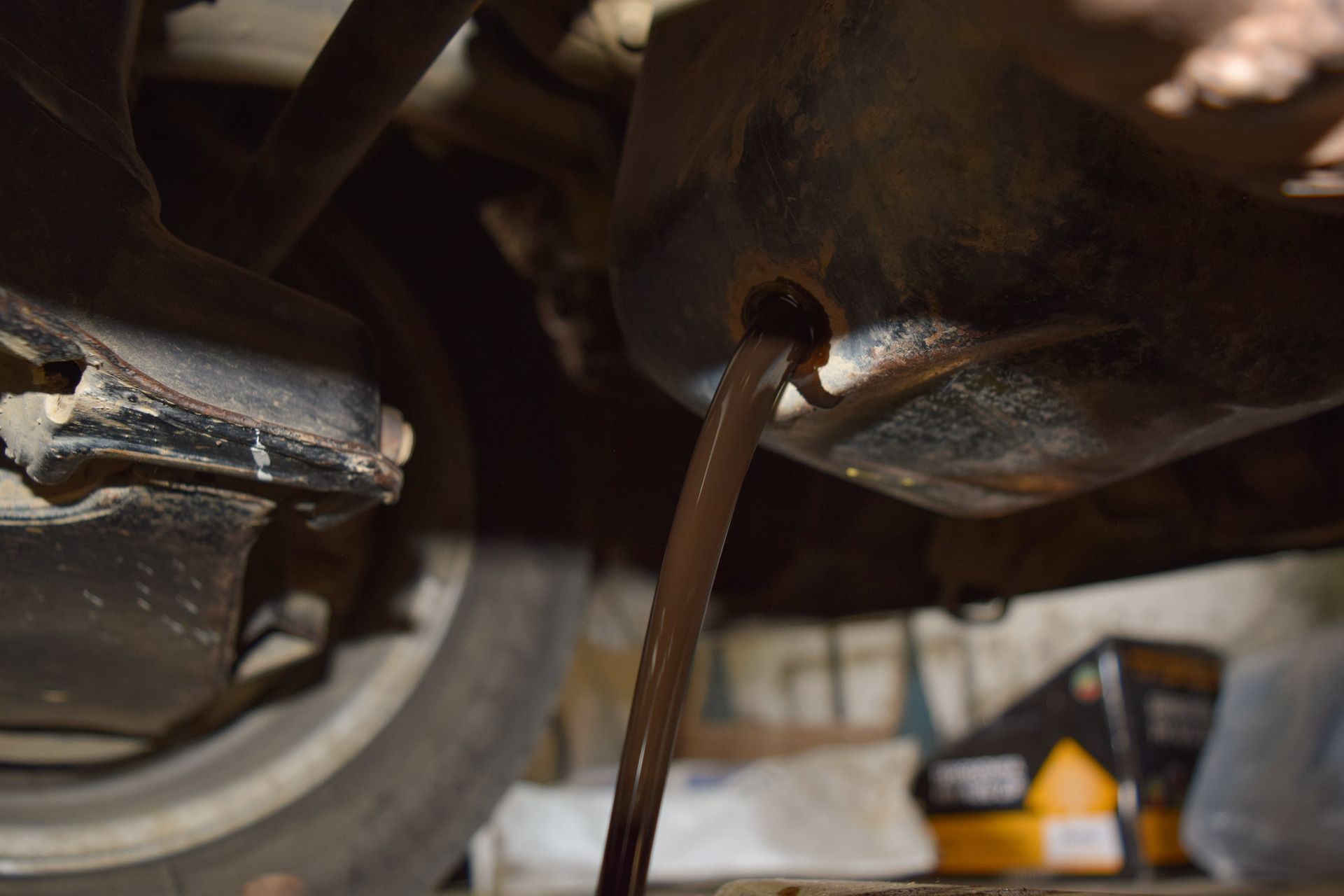Your brakes are one of the most critical safety systems on your vehicle. They help you stop quickly, avoid accidents, and maintain control in emergencies. But many drivers don’t think about their brakes until they hear a squeal or feel something unusual. Regular brake inspections are crucial for identifying issues before they escalate into hazardous problems. So, how often should you have your brakes checked? Let’s break it down.
Why Brake Inspections Matter
Brake systems include several components that work together: pads, rotors, calipers, brake lines, and fluid. Over time, these parts wear out or degrade, particularly with stop-and-go driving, heavy loads, or exposure to harsh weather conditions.
Ignoring brake maintenance can lead to reduced stopping power, longer stopping distances, or complete brake failure — all of which put you and others at risk.
Recommended Inspection Frequency
Most mechanics recommend having your brakes inspected at least once a year or every 12,000 miles, whichever comes first. However, this is just a general guideline.
If you frequently drive in heavy traffic, tow heavy loads, or live in hilly areas where you use your brakes more, you may need to check them more often. Some manufacturers recommend checking brakes during every oil change, especially if you drive frequently.
Signs You Shouldn’t Wait
While routine checks are important, certain warning signs mean you should have your brakes inspected right away:
- Squealing or grinding noises: These sounds often mean your brake pads are worn down and need replacing.
- Vibration or pulsation: A shaking brake pedal usually points to warped rotors.
- Soft or spongy pedal feel: This can signal air in the brake lines or low brake fluid.
- Increased stopping distances: If it takes longer to stop than usual, your brakes may be losing effectiveness.
- Brake warning light: Never ignore a dashboard warning light — it’s a clear signal that something needs attention.
What Happens During a Brake Inspection
A professional brake inspection covers more than just a quick look at the pads. We check the thickness of the brake pads and rotors, inspect calipers and hardware for wear or damage, examine brake lines for leaks or corrosion, and test the brake fluid for moisture contamination.
This comprehensive approach helps ensure every component is working correctly and safely.
Why Brake Fluid Checks Matter
Brake fluid is often overlooked but is critical for proper brake function. Over time, brake fluid absorbs moisture, which can lower its boiling point and lead to brake fade or failure during hard braking.
As part of a thorough brake inspection, technicians test your brake fluid and recommend flushing or replacement if needed.
Benefits of Regular Brake Inspections
Catching brake issues early offers several important advantages:
- Improved safety and shorter stopping distances.
- Longer lifespan for brake components.
- Lower repair costs by preventing damage to more expensive parts.
- Better overall driving confidence.
Staying proactive with your brakes protects you, your passengers, and everyone else on the road.
The Cost of Delaying
Putting off brake inspections can turn a small, affordable repair into a major expense. For example, ignoring worn brake pads can lead to damaged rotors or calipers, which are much more costly to replace.
Moreover, driving with compromised brakes dramatically increases your risk of an accident, which could result in injury or costly insurance claims.
Trust AutoCraft in Spokane Valley, WA
At AutoCraft in Spokane Valley, WA, we understand that your safety is non-negotiable. Our skilled technicians provide thorough and honest brake inspections to ensure your vehicle stops safely and predictably.
Whether you’re hearing unusual sounds, feeling vibrations, or just want peace of mind before your next trip, we’re here to help. Don’t wait until your brakes fail — schedule a professional inspection with us today and drive with confidence knowing your vehicle is in top shape.
Visit one of our AutoCraft locations today for reliable service and peace of mind.
- AutoCraft - Dishman
- AutoCraft - Veradale
